In recent years, teacher identity, teacher community and the self-study of teaching and teacher educator practices have gained greater attention. A more recent addition to the conversation is the idea of the teacher’s best-loved self-igniting the students’ best-loved selves. In fact, the best-loved self may very well be the “secret sauce” – the special ingredient – fueling passion and excitement in teaching and learning.
Keynote Speakers (in alphabetical order)
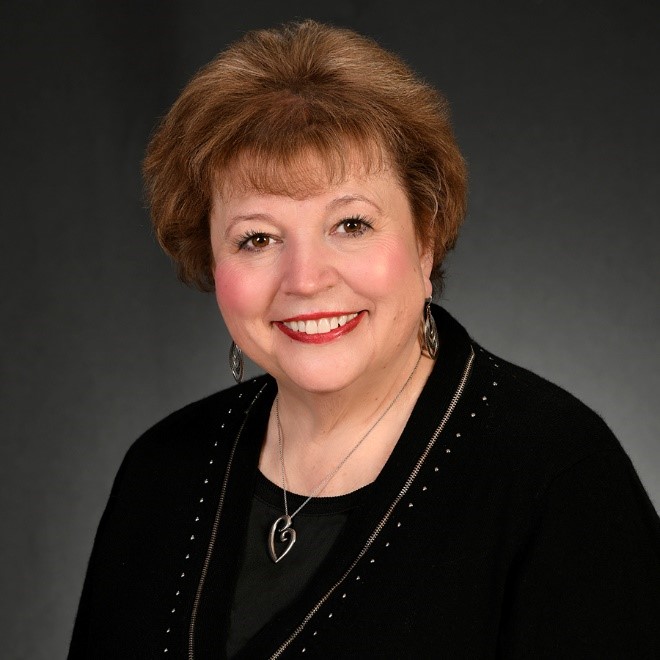
This lecture about Eros – the energy of desire – traverses the world as research conducted in the Netherlands, Great Britain, and Israel and shared at conferences in China and Finland merges with research thought in the United States. The work reaches back into the past and delves into the future as teachers’ personal and professional selves and their relationships with students and other teachers/professors are probed. The lecture’s major take-away point is that teachers and professors are more than the sum of the subject matters they teach and the roles they play in schools and universities. They are the only ones who work face-to-face with students. Hence, they are the sole individuals who can move students through Dewey’s “dead spaces” by professionally engaging them in ways that awaken their passion to learn.
Cheryl J. Craig is a Professor, Endowed Chair and Program Lead for Technology and Teacher Education at Texas A&M University. She is an AERA Fellow and a recipient of the AERA Division B (Curriculum) Lifetime Achievement Award and the Michael Huberman Award for Outstanding Contributions to Understanding the Lives of Teachers. In 2021, she became the first scholar to receive both the Exemplary Research in Teaching and Teacher Education Award as well as the Legacy Career Award from AERA’s Division K (Teacher Education). Her most recent honors are the HRA Janusz Korczak Excellence in Education Award and the School of Education and Human Development Senior Scholar Research Excellence Award from Texas A&M University.
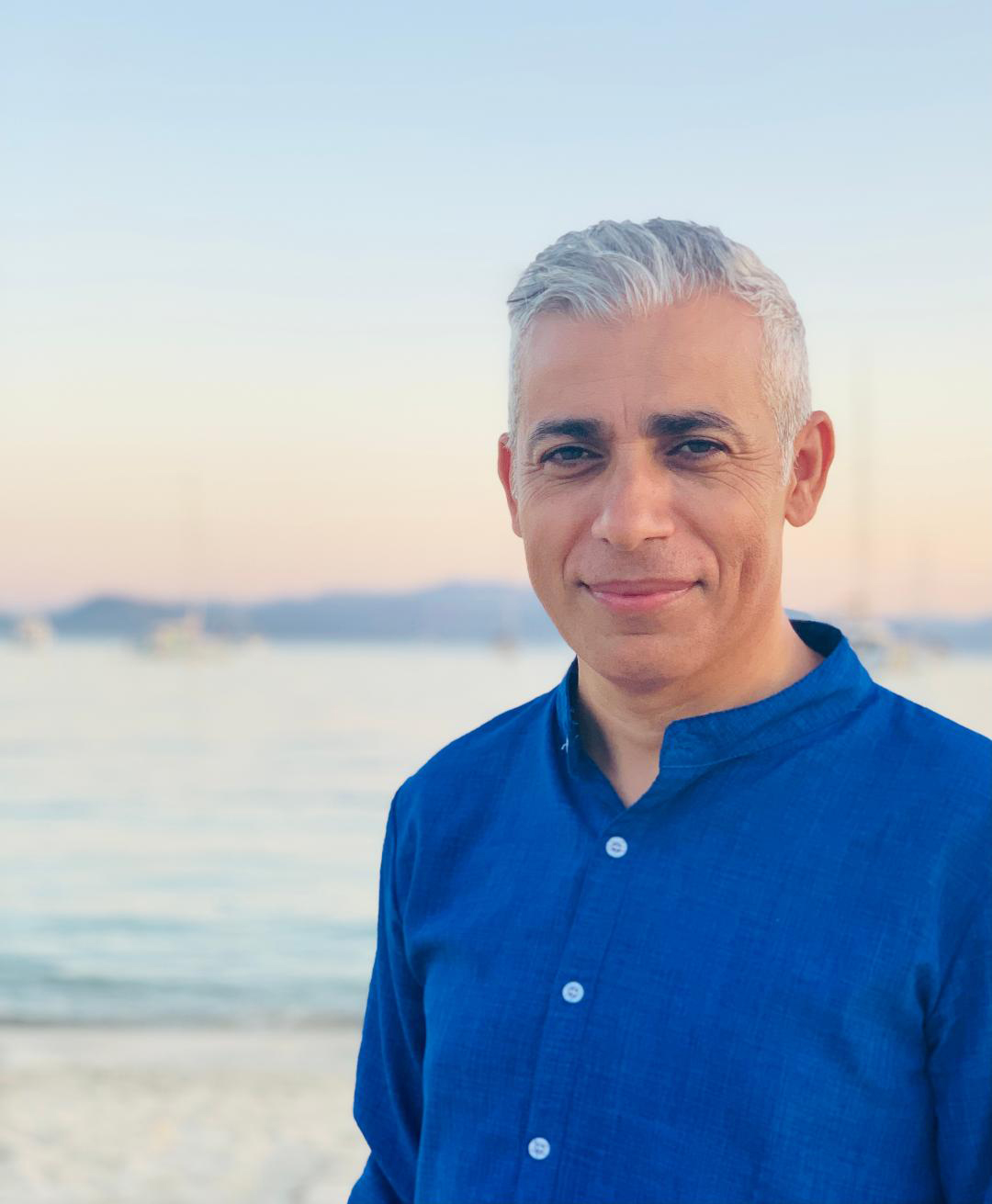
Mustafa Qossoqsi is a supervising clinical psychologist and family psychotherapist. He is the chief psychologist of the psychiatric department at the English Hospital in Nazareth, and has a private practice in Shfaram. For many years, he ran an educational psychology centre. Co-founder and former chair of the Arab Psychological Association in Israel.
Mustafa holds a PhD from the University of Essex in the UK and he teaches in different academic settings.
His research interests include trauma, resilience, refugee care, liberation psychology, youth experience, and intercultural aspects of psychotherapy.
Dr. Qossoqsi has worked as a consultant for the UNICEF, International Red Cross, and other international organizations.
He is a published poet.
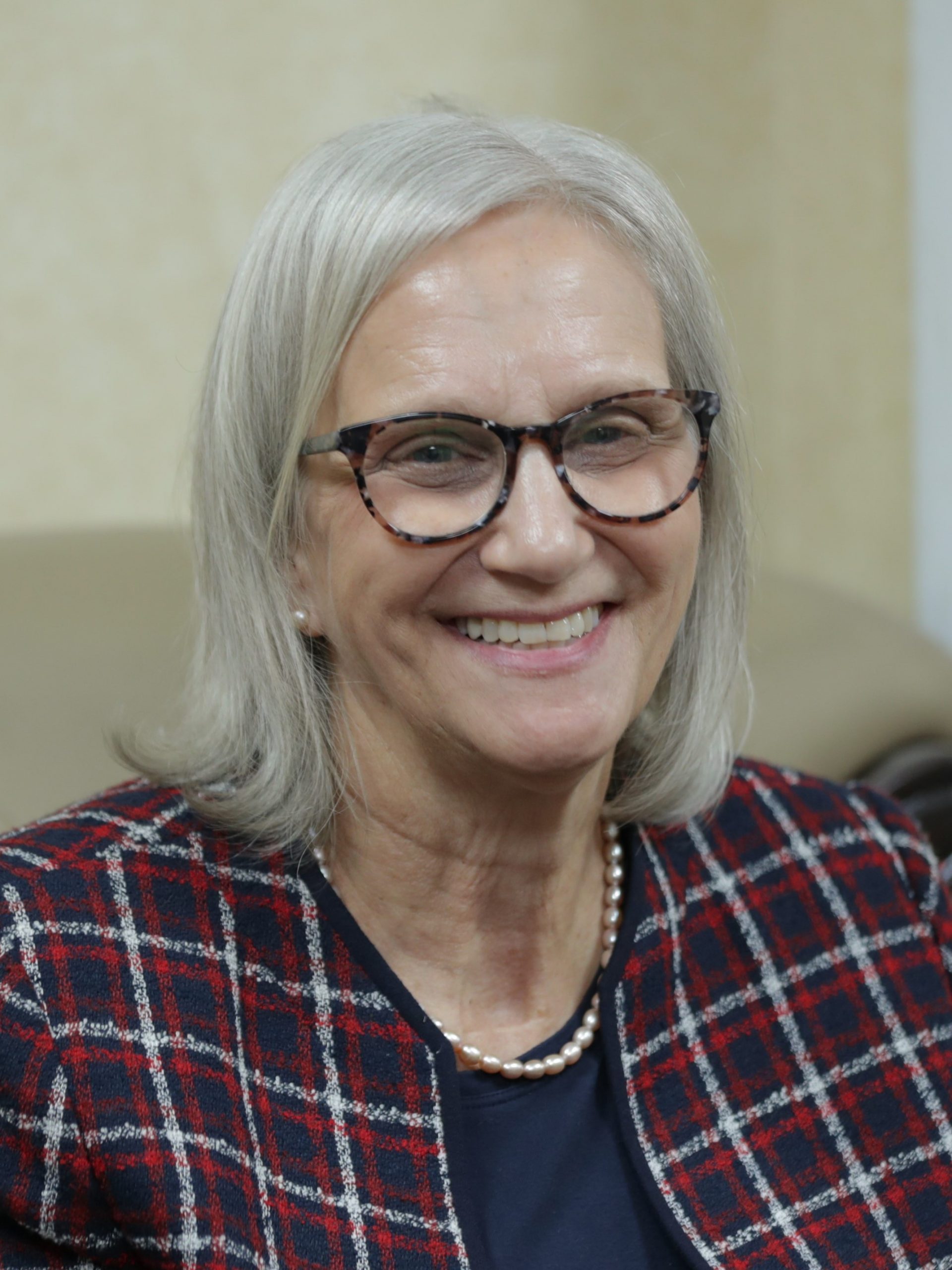
Teacher shortages, a long-standing point of concern in the United States and internationally, are newly exacerbated and heightened by the COVID pandemic. Labor market variation by region, grade level, and subject areas make the trends difficult to track and quantify, but few school systems have avoided current trends of teachers leaving the profession, with far fewer teachers entering teacher education and certification programs.
The new teacher exiting trends move far beyond the typical hard-to-staff areas of teaching. The trends facing the teaching profession not only impact classrooms, but have implications for the future of school leadership as well.
The goals of this presentation are fourfold: 1) to describe the nature and trends of teachers exiting the profession, and fewer pre-service students entering the profession, 2) to examine the theoretical explanations and arguments for these patterns, including economic and labor markets, the social status of the teaching profession, and organizational working conditions, 3) to present innovative strategies and initiatives responding to these trends, and, 4) to discuss implications for the profession and practice of school leadership.
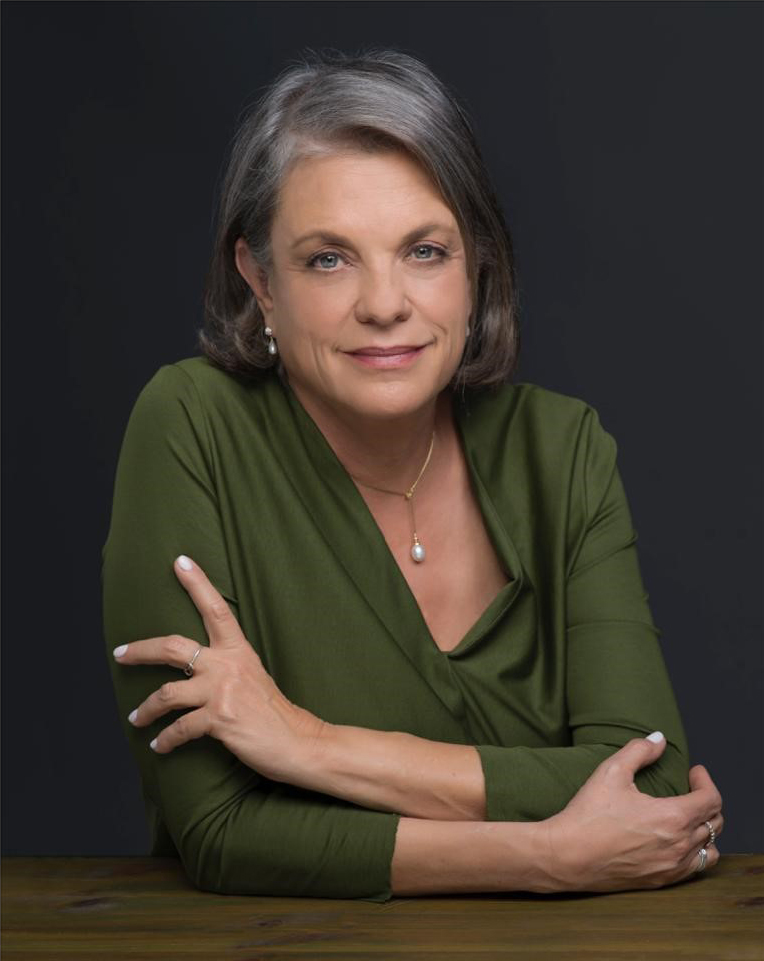
Professor Yael (Yuli) Tamir is the President of Beit-Berl Teachers’ Training College and an adjunct professor at the Blavatnik School of Government, Oxford. She was a deputy speaker of the Israeli Parliament (the Knesset) and served as Israel’s Minister of Immigration (1999-2001) and Minister of Education (2006-2009) representing the Labor party. In this capacity she led a comprehensive school reform, increasing teachers’ salaries and introducing innovative patterns of teaching
Tamir received her BA and MA from the Hebrew University and her Ph.D. in political philosophy from Oxford University where she worked under the supervision of Sir Isaiah Berlin. She was a professor at Tel-Aviv University and a visiting professor and a scholar-in-residence at: Princeton, Harvard, The University of Pennsylvania, the Central European University in Budapest and New York University
Tamir is the author of Liberal-Nationalism (Princeton University Press) and Who is Afraid of Equality? Society and Education in Israel (in Hebrew), as well as of numerous articles in the fields of moral and political philosophy, philosophy of education, feminism and human rights. She is the editor of the Democratic Education in a Multicultural State journal (Blackwell), and the Moral and Political Education journal together with Professor Stephan Macedo (New York University Press). Her most recent book Why Nationalism was published by Princeton University Press (Jan 2019)
Tamir served as the president of Shenkar College of Art, Design and Engineering (2000-2010). Tamir led the college to an extraordinary process of academic growth. Shenkar is now ranked at the top of the global list of academic institutions of its kind. Professor Tamir is a founding member of the Israeli peace movement “Peace Now” and served as the chairperson of the Israeli Association of Civil Rights.
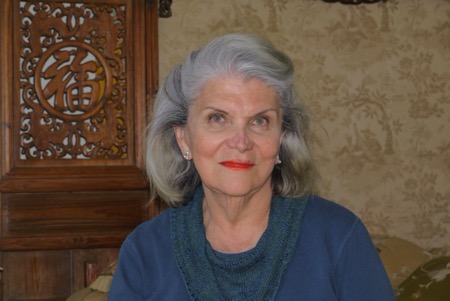
Using my personal 40-year experience as an educator in various international contexts, together with the findings of extensive research reviews dealing with teacher professionalism, diversity, and inclusion during the past 20 years, this keynote addresses the current professionalism in teacher education and teacher training with respect to the needs of migrant and minority students, from an institutional, interpersonal, and individual perspective.
Factors such as the number of students leaving school following the COVID pandemic, a war in Europe, growing racism, exclusion of migrants, and the global shortage of teachers in the Global South and Global North, raise questions about what teacher educational institutions can do to attract new talent, advance teachers, provide training, increase adequate working conditions, and make funding available for teachers to engage and remain in this critical profession.
While policies may foster long-term changes in teacher education, it is the interaction between parents and schoolteachers and administrators which creates a sense of belonging for children and families and it is the actual engagement of children that determines their educational chances.
We need to reformulate teacher education to meet these needs, and this demands responses and engagement from teachers, researchers, education professionals, entrepreneurs, and community leaders at the local, comparative, international, and entrepreneurial levels to work in tandem for such reinvention. Indispensable tools are research-based work practices created from the bottom up by teachers, educators and researchers that shape good teachers and identify how different discriminatory practices can be countered in schools, and how the cultures and languages of their classrooms from the stance of the “other” can be understood and honored.
Interculturality is essential as a contextualized learning experience that helps teachers acknowledge their own motivation, biases, positionality, and reflexivity in the process of engaging with students. By using practices grounded in the culture of children and families, the passion to teach and keep the flame alive can be reignited.
Keywords: teacher education, interculturality, research-based practices
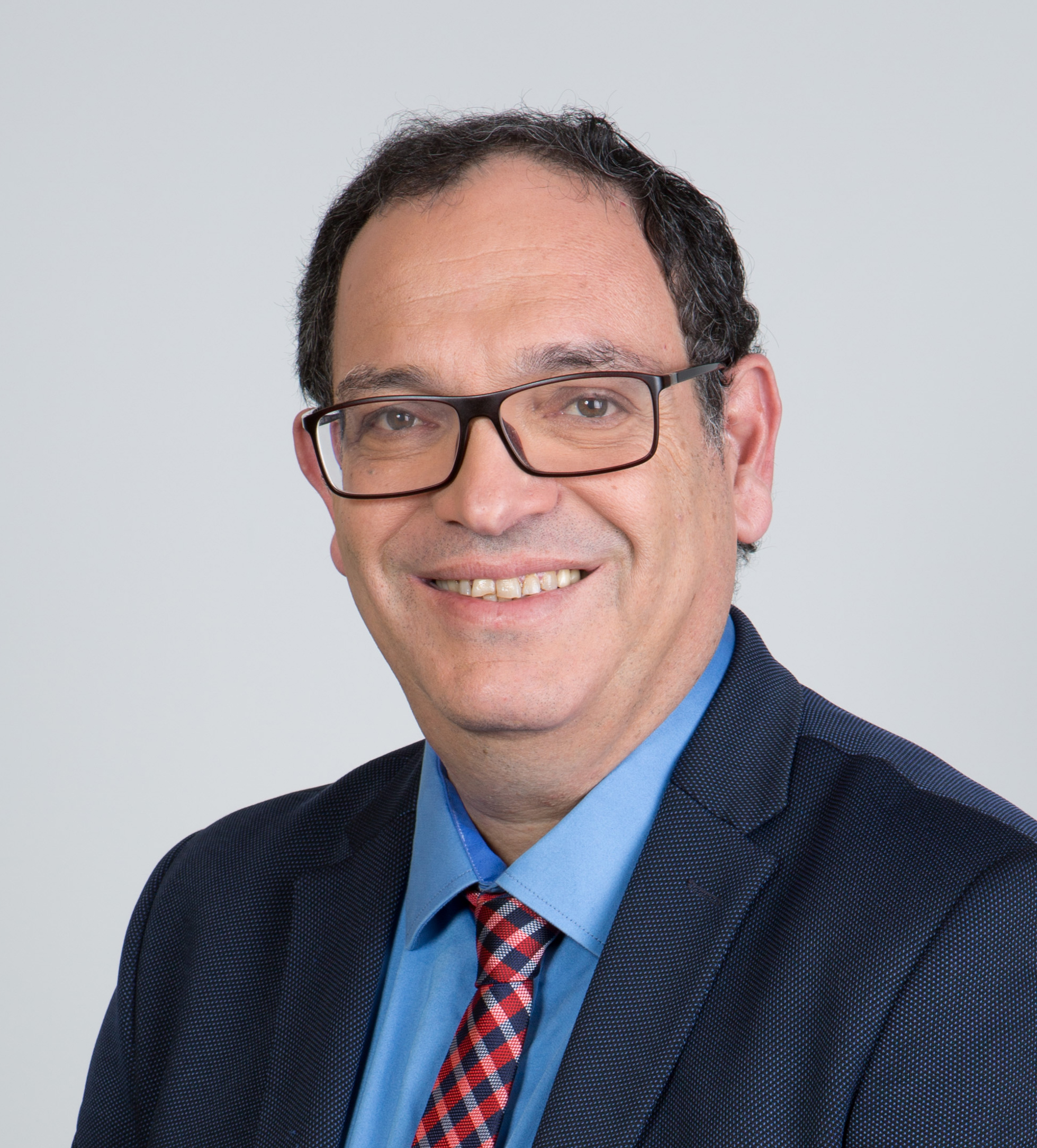
Shai Piron was born in 1965. He is married with six children, and lives in Oranit where he serves as the Rabbi of the religious community.
Piron is the founder and president of the Pnima movement which works toward creating an Israeli ethos based on solidarity, tikkun and hope by way of shared solutions to the core issues that are harming and dividing Israeli society.
He served as Minister of Education in the 33rd Knesset (2013-2015) and instigated wide-ranging pedagogical reforms during his tenure.
His previous positions include director of the Petach Tikva yeshiva institutions, and CEO of HaKol Hinuch” – the Movement for Promoting Education in Israel.
Piron is one of the founders of the Tzohar movement that initiates projects to bridge the gaps between religious and non-religious Israelis.
He is the author of four books: For the Sake of Good Order; Footnotes; It’s All About Education; Notes on Contemporary Issues. and
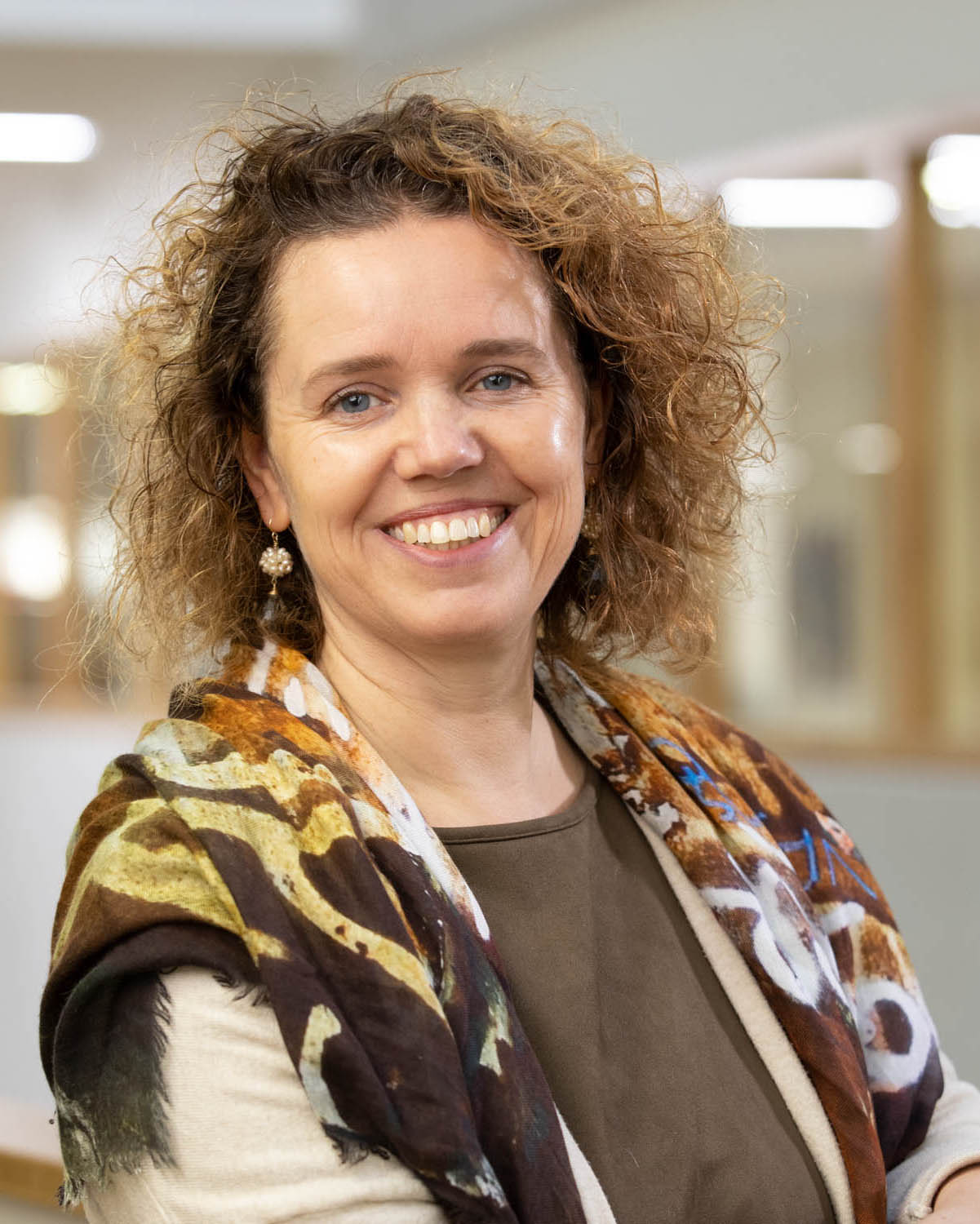
Changes in and around the educational system have put pressure on teachers over the last years leading to ‘constrained professionalism’. Teachers may experience a lack of professional space leading to less agency in their school context and less motivation for their valuable profession
In this keynote lecture, we explore the concept of teacher agency in recent studies on teachers’ professional learning. In this exploration we will look at the process of teacher agency, the necessary conditions for teacher agency in the context of professional learning and the possible contribution to teachers’ passion for their profession.
Bio:
Helma Oolbekkink-Marchand is a professor at HAN University of Applied Sciences in the Netherlands. Her research areas are in teacher (educators’) professional development and she is especially interested in teacher agency. She is a member of the International Forum for Teacher Educator Professional Development (InFo-TED), and the chair of the Dutch Teacher Educators Association (Velon).
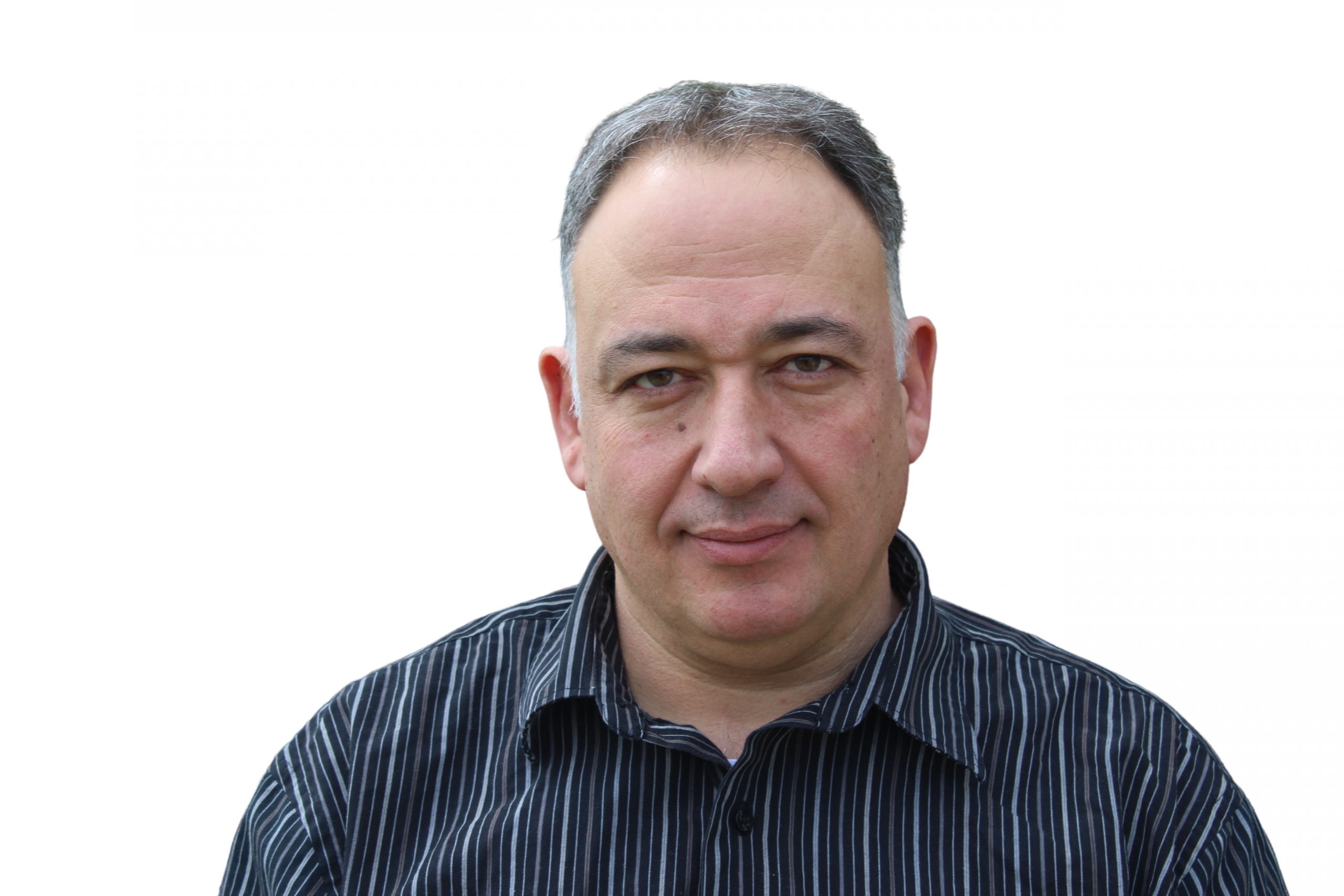
After a 17 year long career in the High-Tech industry that included development, senior management and entrepreneurship, Roy made a transition to the Israeli Education System. Since 2014, Roy has been working as a math teacher at The Reali Hebrew School in Haifa. In addition, Roy leads two math teachers’ communities as well as teaching extremely talented students in a special Math acceleration program. Beyond Roy’s primary focus as a math teacher and in teachers’ development, in 2017 he co-founded the “High-Tech to Education Managing Organization” (named as: “The Minhelet from High-Tech to Education”) that overlooks and supports the process of transitioning individuals from the High-Tech industry to the Israeli public education system. To date, approx. 1200 new teachers have successfully transitioned and become Science, Technology, Engineering and Math teachers. Ever since the establishment of the “Minhelet”, Roy has taken an active role in its growth process and in its operation, and has been a key part of its advisory board. In addition, Roy has been heading the national Alumni-Network of teachers who have made the transition from High-Tech.

